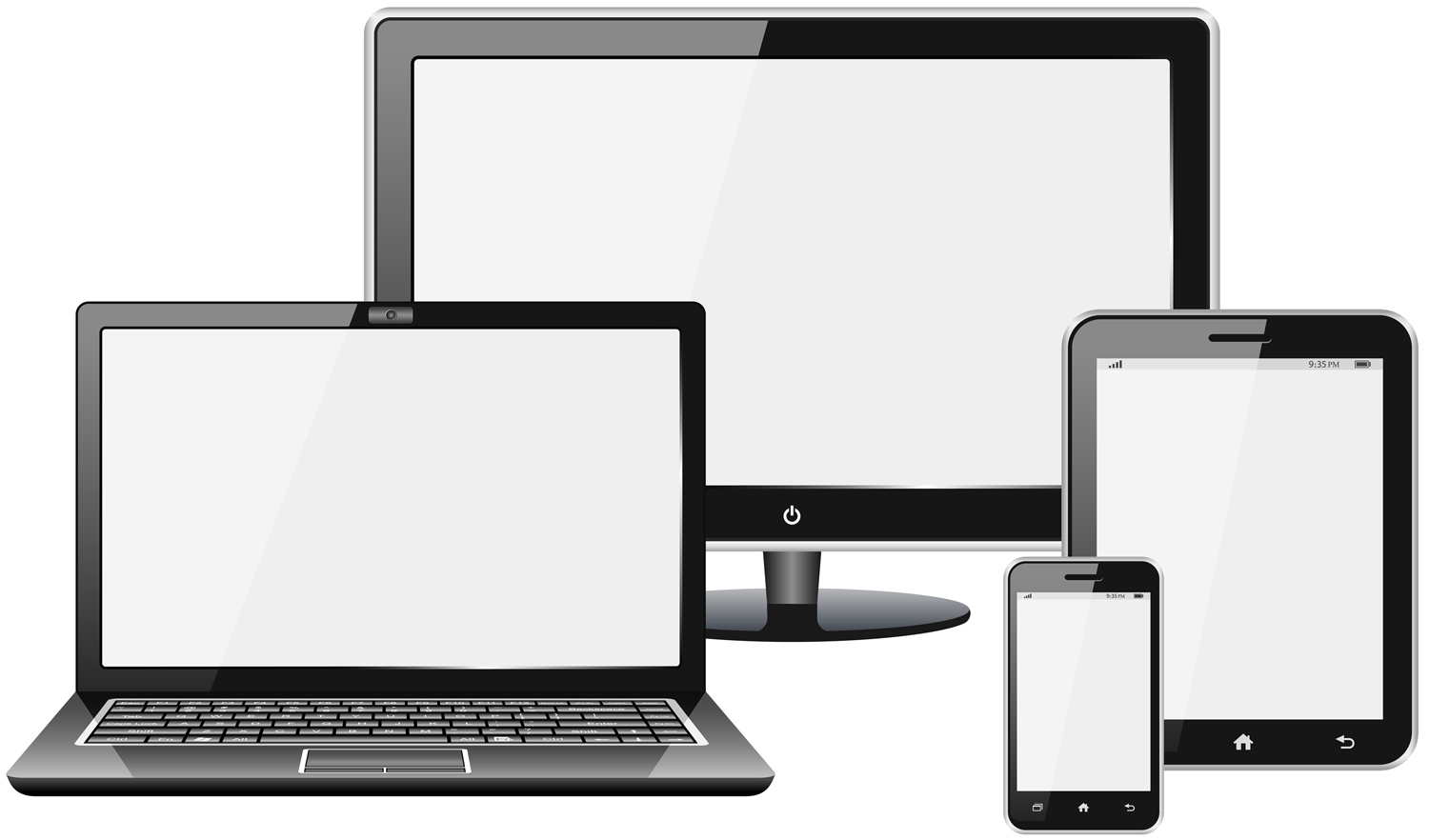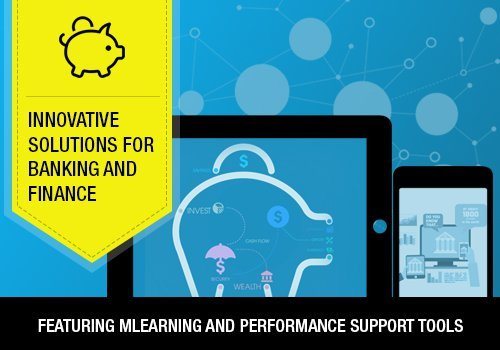January 30, 2016
mLearning: The Chance To Enhance Education In Developing Nations
42% of African children will drop out of school before finishing their education; currently only 49% of all children will attend secondary school across the world. While there are many compelling reasons for this happening, one of the overriding ones remains ease of access to education. Enter mobile learning or mLearning.
by Samiran Ghosh











